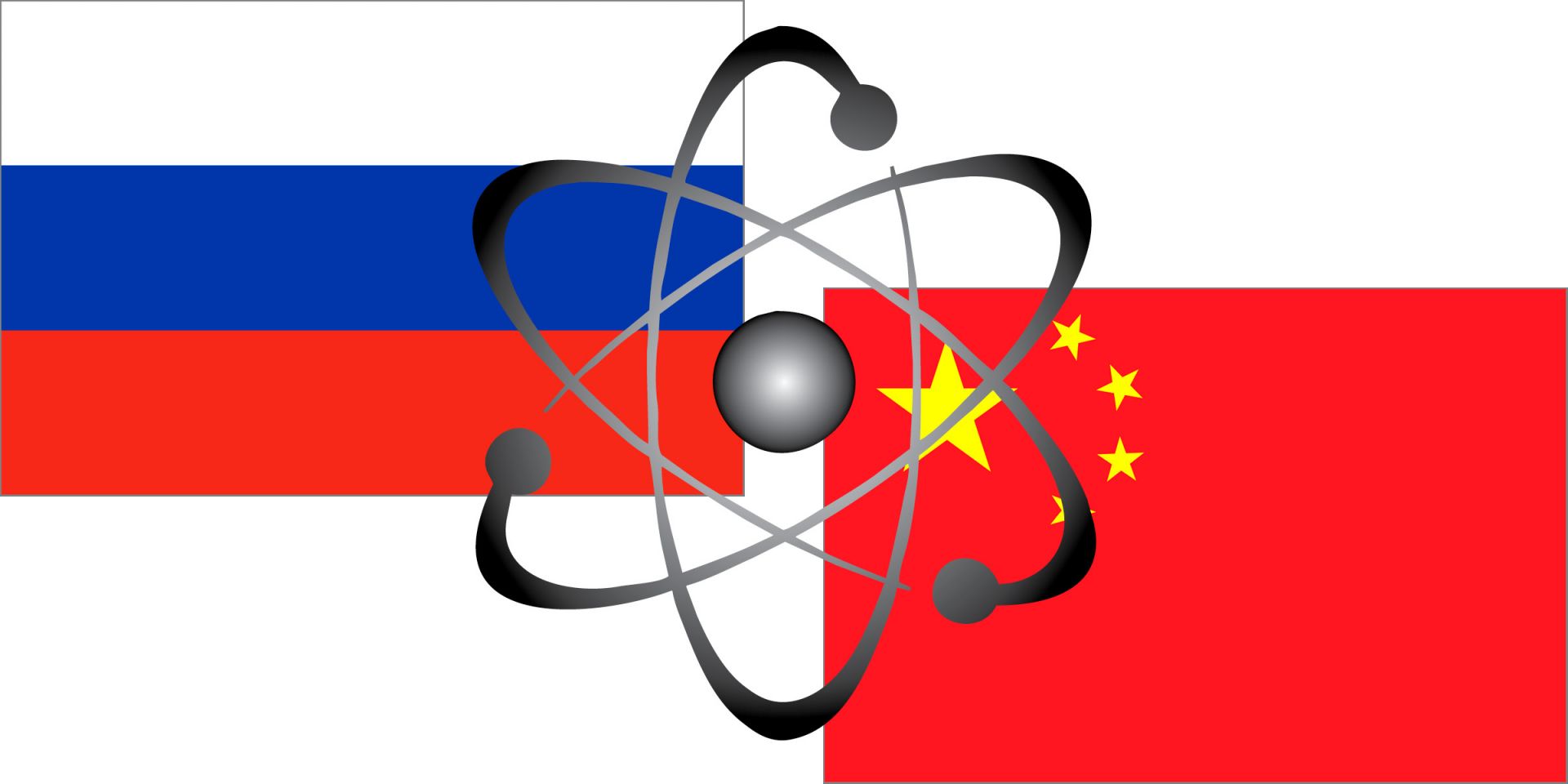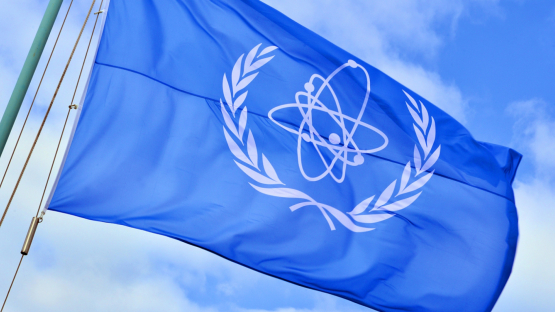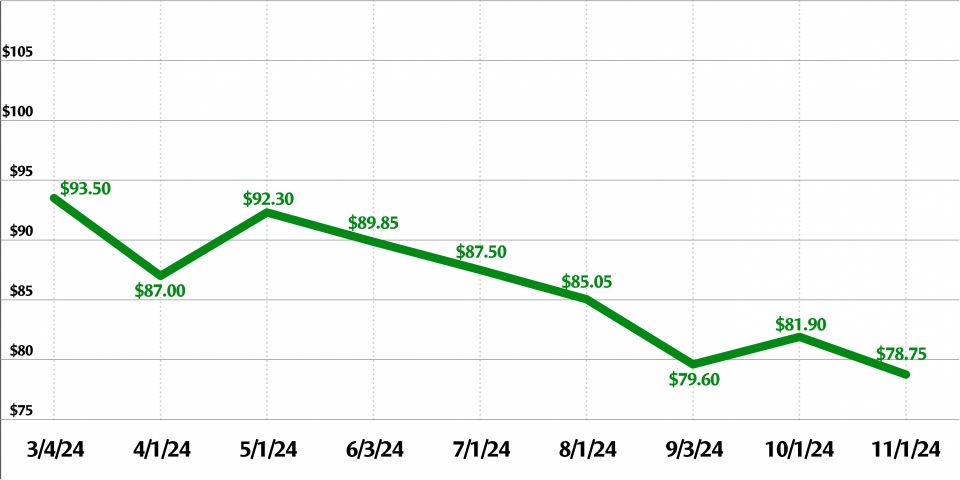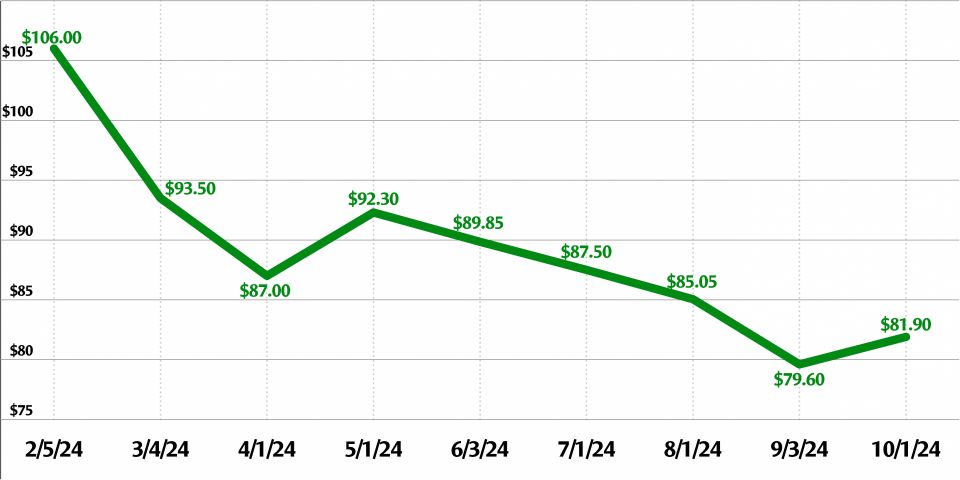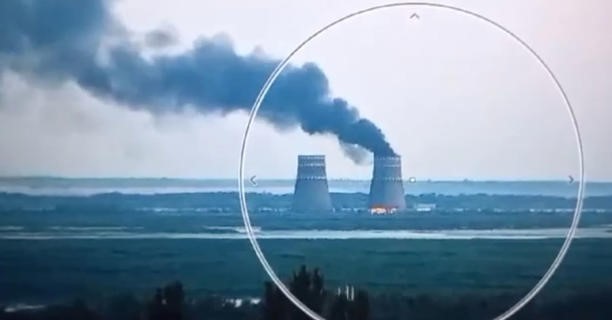Sino-Russian collaboration: The two countries have a long history of nuclear cooperation; Russia helped China build its first reactor in the late 1950s, and then in the 1990s assisted China with a number of joint projects, “supplying the backbone of China’s nuclear industry.” Today, Russia “continues to be the largest player in the nuclear energy export market by a wide margin,” according to the article, and the alliance continues. “Sino-Russian nuclear energy collaboration has been an important part of this business.” Those countries’ largest-yet joint nuclear energy project—the installation of four new Russian VVER-1200 reactors at Chinese plants in Lianyungang and Xudabao—began in 2021.
Sino-Russian competition: But for all their past and present partnerships, the article notes “a shift in the Sino-Russian relationship in the realm of nuclear power,” now that China is “largely self-sufficient in its nuclear fuel cycle” and is therefore “further weaning itself from Russia by developing indigenous nuclear technology and diversifying its global partnerships.” As China’s own nuclear power companies become stronger and more engaged in international business, “cooperation has increasingly turned into competition.”
Government-owned: The main competitive advantage that both Russia and China have in the international nuclear energy market, according to the article, is that their nuclear enterprises are government owned and operated. These state-owned nuclear companies in each country “can take contracts that would be too risky or unprofitable for private companies [such as those in the United States] and offer extremely favorable deals to clients that may not be able to afford the full cost of nuclear power plant construction.”
Behind the competition: The dominance of Russia and China in the international nuclear energy market also gives them certain geopolitical advantages over the West, because nuclear power plants “take years to construct and must be maintained and refueled for decades.” As Russia and China expand their market reach, they can develop “substantial political influence in client countries, particularly in developing countries that lack the resources and indigenous expertise to handle plant operation themselves.”
The article concludes that this places countries with smaller shares of the export market—like the United States—at a disadvantage: “Competition in this global market is a battle for influence, a battle the United States is losing.”
